The severity of renal dysfunction depends on the cause and extent of the injury. Mild injuries may be improved by adjusting lifestyle, while severe injuries require medical intervention, even dialysis or kidney transplantation. Renal dysfunction may be caused by genetic, environmental, physiological, traumatic, or pathological factors, and treatment includes various measures such as medication, surgery, diet, and exercise.
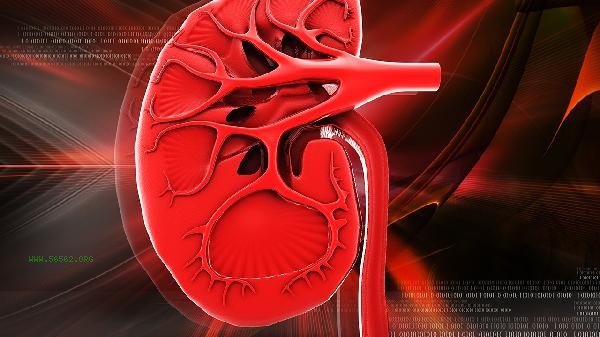
1. Genetic factors: Certain genetic diseases such as polycystic kidney disease, Alport syndrome, etc. may lead to renal dysfunction. People with a family history of kidney disease should undergo regular kidney function tests to detect abnormalities early and intervene promptly.
2. Environmental factors: Long term exposure to heavy metals, chemicals, or drugs may cause damage to the kidneys. Avoid exposure to harmful substances and reduce drug abuse, especially nonsteroidal anti-inflammatory drugs and other drugs with potential toxicity to the kidneys.
3. Physiological factors: chronic diseases such as hypertension and diabetes are common causes of renal function damage. It is crucial to control blood pressure and blood sugar levels, regularly monitor and adjust treatment plans according to doctor's recommendations.
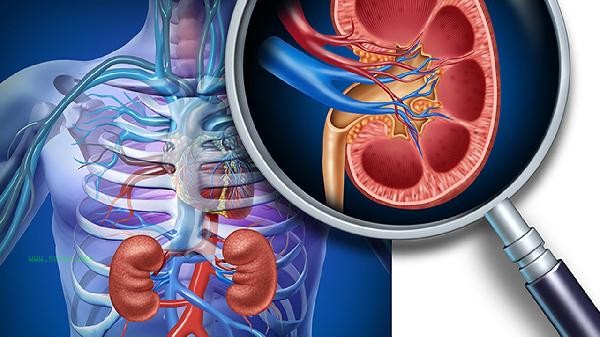
4. Trauma: Severe injuries such as car accidents, falls, etc. may directly damage the kidneys. Seek medical attention promptly, undergo necessary imaging examinations and treatments to prevent further deterioration of kidney function.
5. Pathological factors: Diseases such as glomerulonephritis and pyelonephritis may cause renal function damage. According to the specific type of disease, antibiotics, immunosuppressants, and other medications are used for treatment, and surgical intervention may be necessary. In terms of drug therapy, commonly used drugs include angiotensin-converting enzyme inhibitors ACEI, angiotensin II receptor antagonists ARB, etc., which are used to control blood pressure and protect kidney function. Surgical treatments such as kidney transplantation and dialysis are suitable for patients with end-stage renal disease. In terms of diet, a low salt and low protein diet can help reduce the burden on the kidneys, and moderate intake of foods rich in vitamins and minerals. In terms of exercise, moderate aerobic exercise such as walking, swimming, etc. can help improve overall health, but vigorous exercise should be avoided. The severity of renal dysfunction cannot be ignored, and early detection and intervention are key. Regular physical examinations, healthy lifestyles, and timely medical interventions are effective measures to protect kidney function. For patients who have already experienced renal dysfunction, actively cooperating with doctors for treatment and adjusting lifestyle habits can effectively delay the progression of the disease and improve their quality of life.
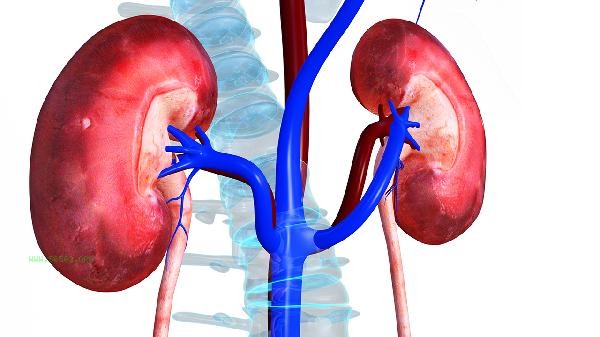

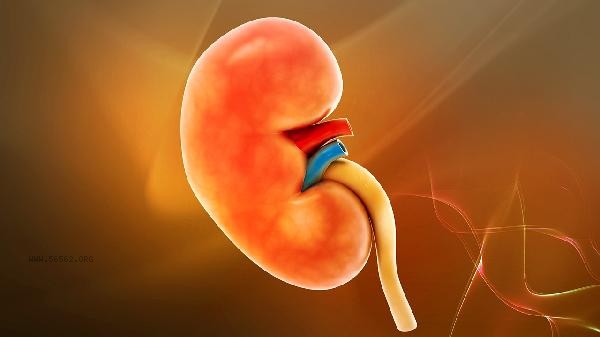
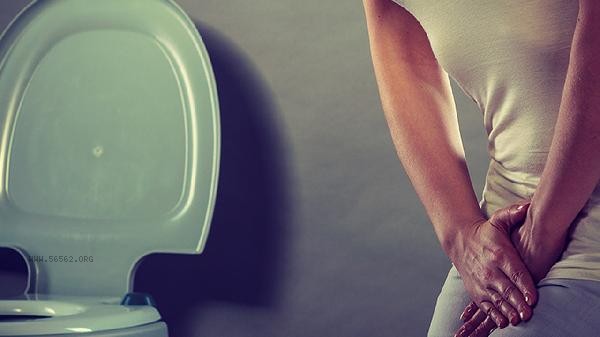

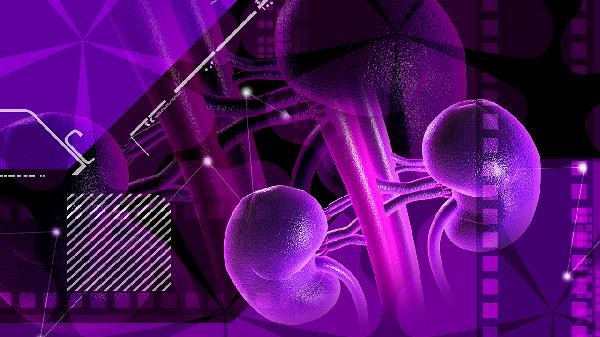
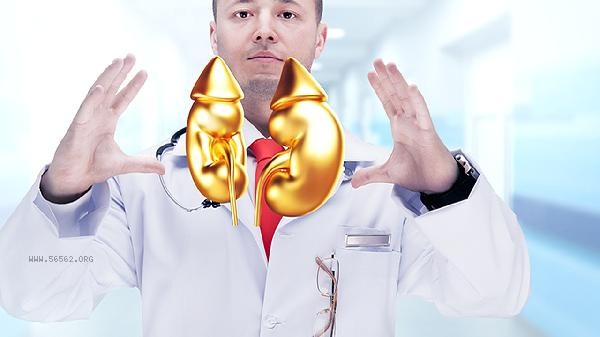



Comments (0)
Leave a Comment
No comments yet
Be the first to share your thoughts!